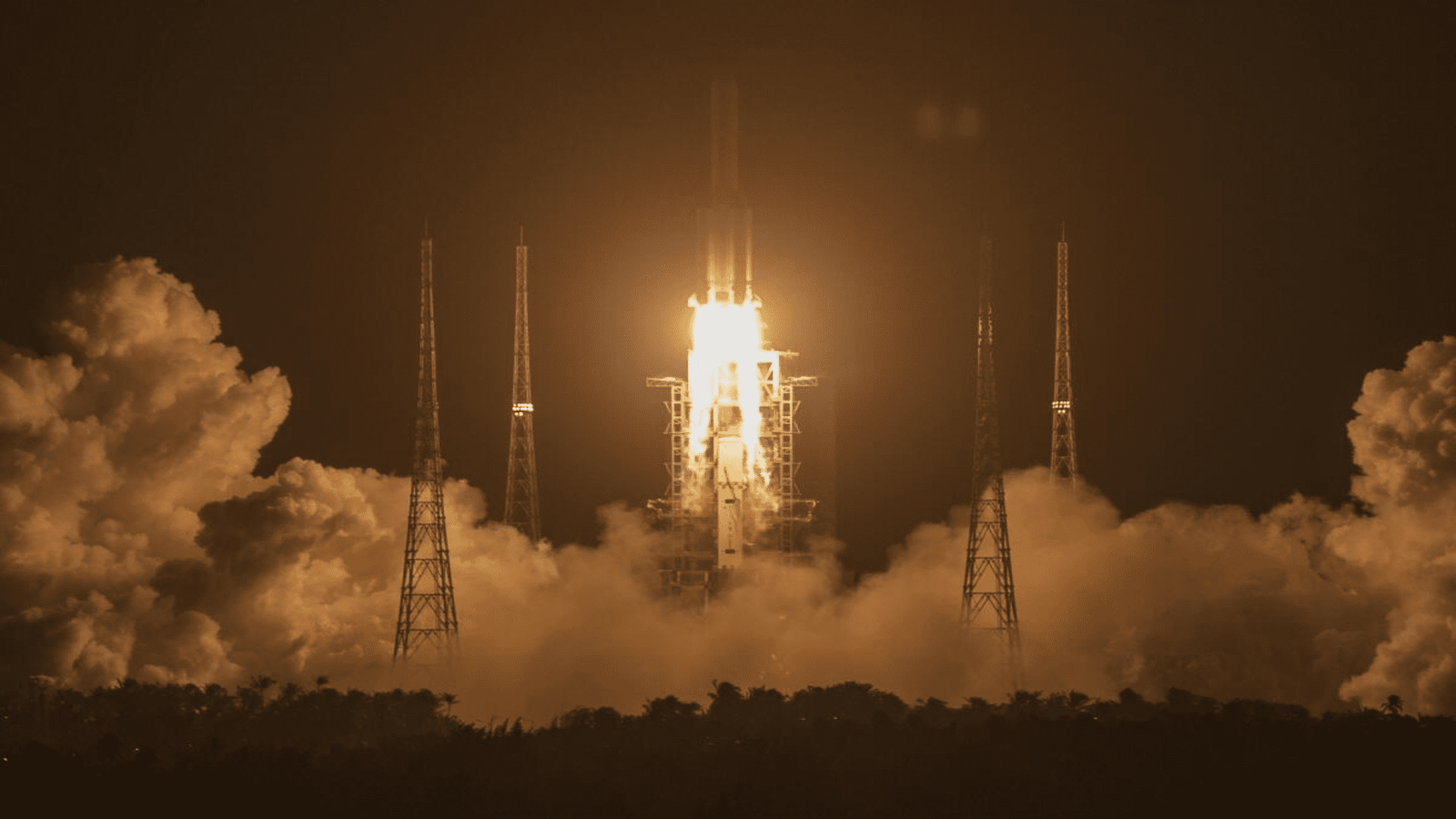In a significant stride for Pakistan’s space ambitions, a Pakistani satellite is poised to orbit the moon as part of China’s Chang’e-6 lunar mission, marking a historic first.
The mission, aiming to explore the moon’s elusive “dark side,” will incorporate lunar research payloads from multiple countries, including Pakistan’s iCube Qamar satellite.
Crafted by the Institute of Space Technology (IST) in collaboration with China’s Shanghai University (SJTU) and Pakistan’s national space agency Suparco, the iCube-Q module represents a momentous achievement for the nation’s aerospace endeavors. Laden with two optical cameras to capture lunar surface imagery, the CubeSat design of iCube-Q exemplifies innovation and efficiency in space exploration.
Under the ambitious Chang’e-6 mission, China seeks to gather lunar samples from the far side of the moon, a pioneering endeavor in human lunar exploration. The milestone event underscores China’s rapid advancements in space technology, propelled by President Xi Jinping’s vision for the nation’s “space dream.”
Read More: Human trial reveals mRNA vaccine’s efficacy against lethal brain tumours
Stressing the significance of Pakistan-China cooperation in aerospace, they herald the launch of iCube-Q as a testament to Pakistan’s prowess in space exploration.
As Pakistan ventures into the realm of space exploration, the successful launch of its maiden lunar mission signifies a new era of scientific achievement and national pride. With aspirations to bolster satellite communications and advance scientific research, Pakistan’s foray into space promises to unlock new avenues for economic development and technological innovation.






